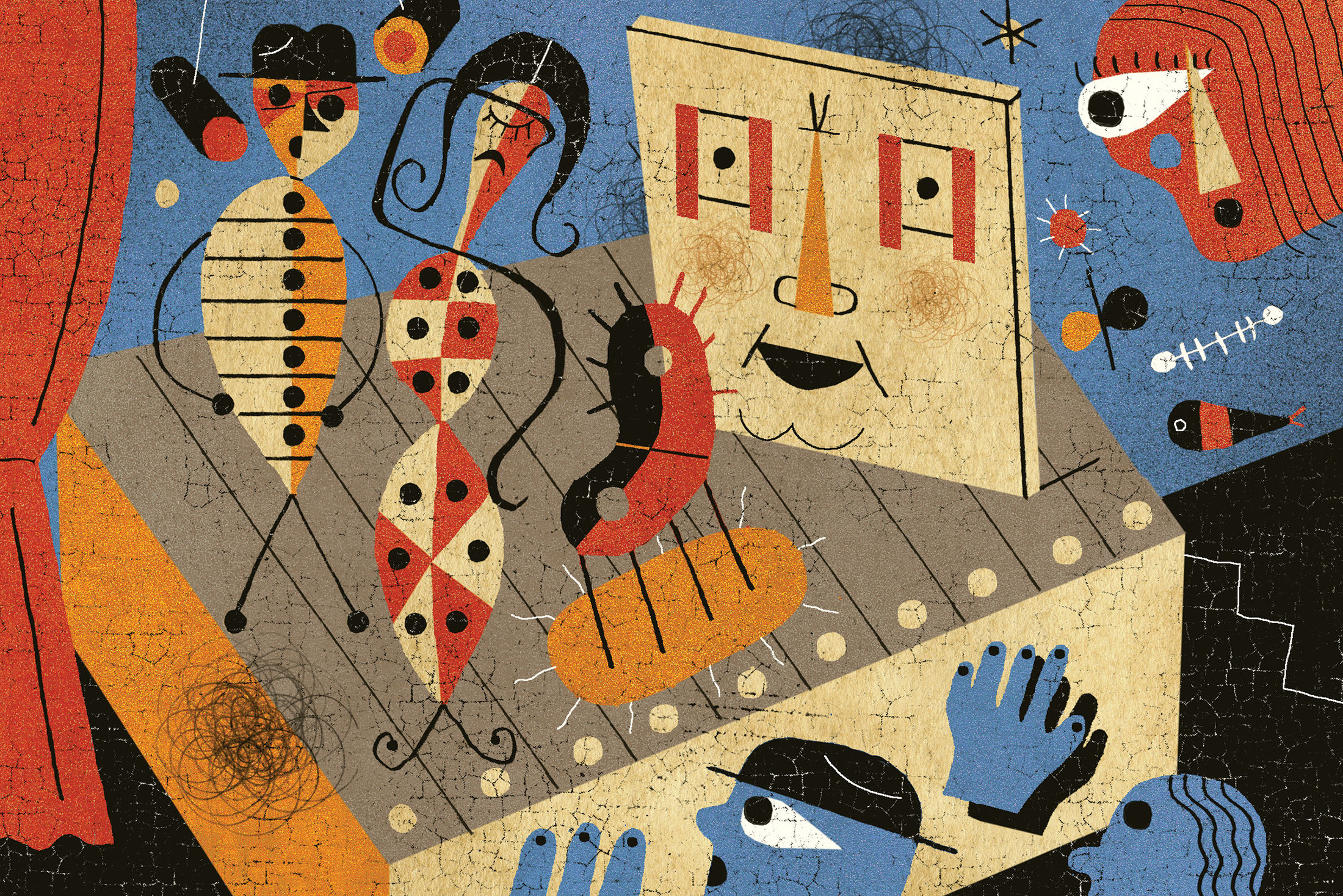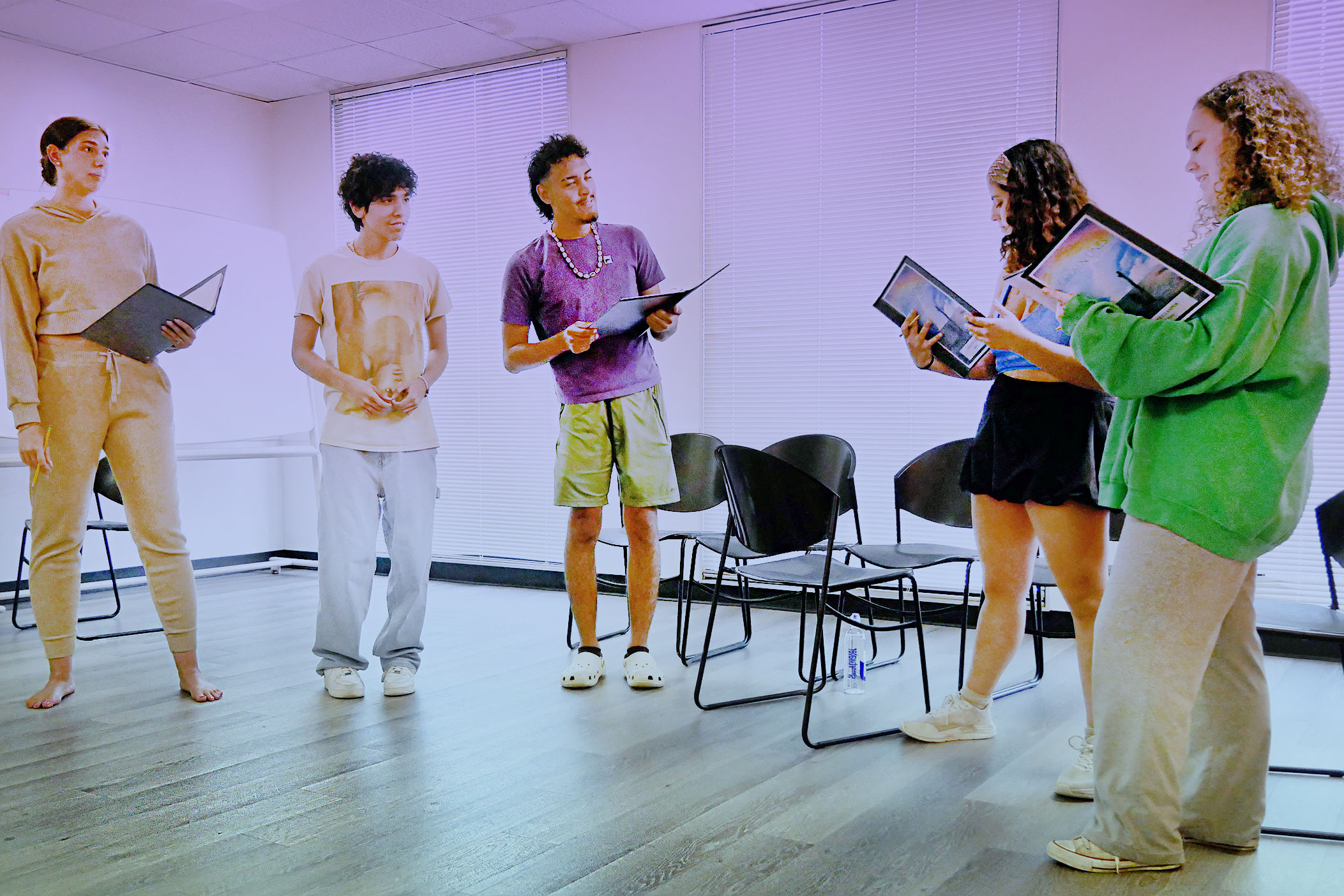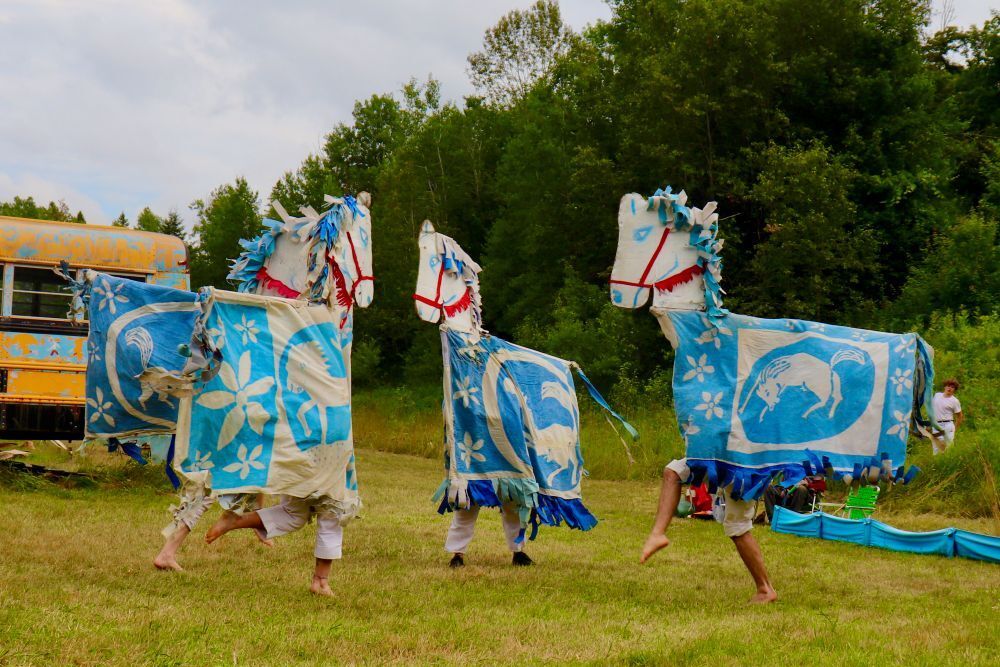Family or Career? Rapture, Blister, Burn Suggests There Is No Right Answer

Image: Lio putra / shutterstock.com
“The grass is always greener” is a core subtext of Rapture, Blister, Burn, Gina Gionfriddo’s 2013 Pulitzer Prize finalist that makes its Houston premiere at 4th Wall Theatre Company this week.
It's the story of two women, Catherine and Gwen, who chose opposite paths following their college degrees. Catherine built a career as a rock star academic, while Gwen built a home with her husband and children. Decades later, unfulfilled in polar opposite ways, each woman covets the other's life. The New York Times called the show "…intensely smart, immensely funny…” which is just one of the things director Kim Tobin-Lehl loves about it.
“I thought it was such a strong feminist piece,” she says. “It’s really an important conversation about what it means to be a woman and trying to navigate how to have it all.”
Tobin-Lehl points out the show doesn’t provide any answers. The women in the show struggle against what they’ve dedicated their lives to—family and career—and still feeling empty. Is that personal failing? Is it an empty promise society has sold them? How do you live with the path you’ve selected?
While it might seem like it’s a woman’s play, Tobin-Lehl is quick to say it’s a piece that should have just as much impact on men.
“I’d love it if people walked away from this with men asking how it is that they can be better partners,” she says. “How do we get to a place where things are 50-50 in marriages and relationships? And how much of our biological wiring programs us to do what we do, or to latch onto what we think is important?”
Even though the main characters in the play, Catherine and Gwen, are in their middle age, Rapture tackles the idea of feminism across generations.
“One character doesn’t understand the way things were before 1970,” says Tobin-Lehl. “So, this is also a show about understanding others’ perspectives and learning how to support the people you love.”
For Tobin-Lehl, the takeaway isn’t so much that the fight for equality isn’t over—because, she stresses, it’s not—it’s that we should be looking at each other with compassion and open minds.
“So much of what so many people do is about what will it get me?” she says. “But when we’re able to look at things from someone else’s point of view, it’s so much better, and we are capable of being better to each other.”




